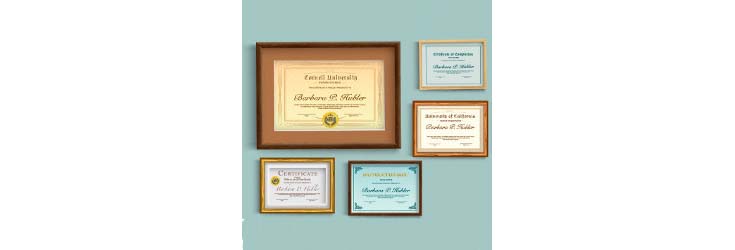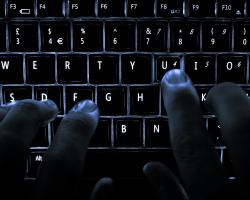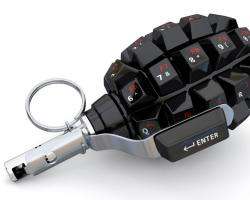“Software Professionals, Malpractice Law, and Codes of Ethics”
Communications of the ACM, May 2021, Vol. 64 No. 5, Pages 22-24
Law and technology
By Bryan H. Choi
“Most legal scholars agree the list of professions includes medicine and law. Beyond that there is little consensus as to who else qualifies.”
We all know what a professional is—or do we? For years, ACM has proclaimed that its members are part of a computing profession. But is it really a profession? Many people describe themselves as “professionals” in the colloquial sense of being paid to perform some specialized skill. Yet, only a few occupations are regarded as professions in the legal sense. Courts do not consider athletes or chefs to be professionals the way doctors and lawyers are. Likewise, courts have consistently excluded software developers from that select group.
To understand why U.S. law does not recognize computing as a profession—and whether that classification could be changed—calls for a fresh look at the law of professions. Why does the law distinguish professionals from nonprofessionals such as mechanics or pilots? What would happen if courts treated software developers like doctors or lawyers? What are professionals’ legal duties of care and how do they differ from ethical codes of conduct? Can one bootstrap the other?
U.S. tort law draws a clear distinction between professionals and nonprofessionals. When nonprofessionals cause injury to others, they can be sued for ordinary negligence. Their conduct is compared to that of the “ordinary reasonable person.” For example, when a homebuyer sues a home inspector for failing to disclose a material defect, the jury must decide whether the inspector acted with reasonable care. Defendants who fail that common-sense standard must pay damages for the harm they caused.
Evidence of industry custom can be considered, but the jury is free to override it based on the jurors’ own personal understanding of how reasonable people are expected to behave. Thus, even if the inspector followed an industry-standard checklist, the jury could find the checklist itself to be deficient. That rule prevents an entire industry from hiding behind an obviously negligent custom.
By contrast, professionals like doctors and lawyers are subject to malpractice claims. The relevant metric is the custom of the profession—not the ordinary reasonable person or even the ordinary reasonable professional. Under this “customary care” standard, the jury is restricted to evaluating whether the defendant complied with the profession’s internal customs and norms. In a medical malpractice case, what matters is whether the doctor followed practices accepted by other peers in the same field, not whether the jury feels those customary practices were reasonable. Juries are not free to substitute their own views on how the professional should have acted.
About the Author:
Bryan H. Choi is Assistant Professor of Law and Computer Science and Engineering at The Ohio State University in Columbus, OH, USA.
See Also:
- ACM Code of Ethics and Professional Conduct, Association of Computing Machinery, 2018.





